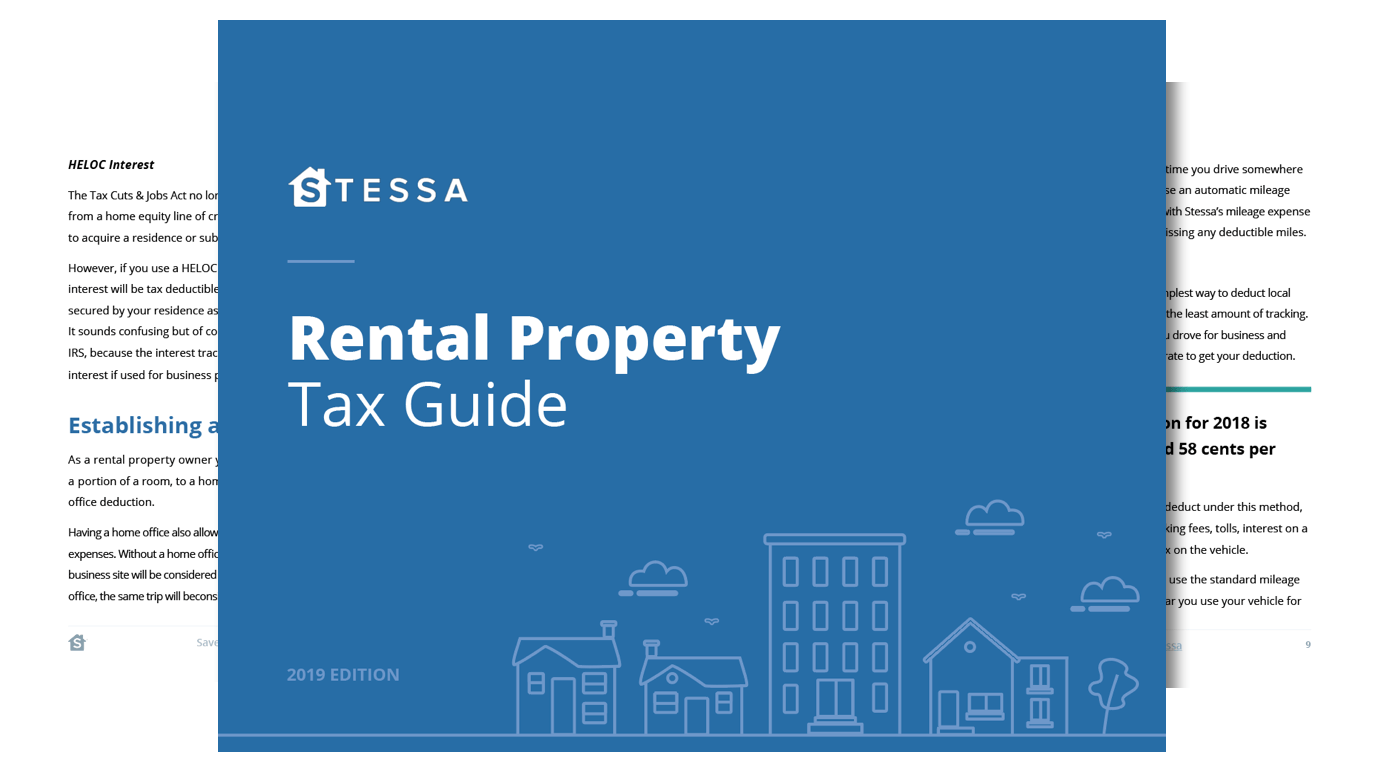Rental Property Tax Deductions You Should Know
Investing in rental properties can be a lucrative venture, but it also comes with its fair share of responsibilities, including taxes. As a landlord, it’s crucial to familiarize yourself with the various tax deductions available to you to maximize your profits and minimize your tax liability. Here are some key rental property tax deductions you should be aware of:
1. Mortgage Interest
One of the most significant tax deductions for rental property owners is mortgage interest. You can deduct the interest you pay on the loan used to finance your rental property, whether it’s a traditional mortgage or a home equity loan. This deduction can significantly reduce your taxable income and lower your overall tax bill.
2. Depreciation
Depreciation is another essential tax deduction for rental property owners. The IRS allows you to deduct a portion of the cost of your rental property each year to account for its gradual deterioration and aging. This deduction can offset your rental income and reduce your tax liability.
3. Property Taxes
Property taxes paid on your rental property are also deductible. These taxes are typically assessed by local governments and can be a significant expense for landlords. By deducting property taxes, you can lower your taxable income and keep more money in your pocket.
4. Repairs and Maintenance
Repairs and maintenance expenses incurred to keep your rental property in good condition are deductible. This includes routine maintenance, such as painting and landscaping, as well as more significant repairs, like plumbing or roof repairs. Keeping track of these expenses can help reduce your tax bill at the end of the year.
5. Insurance Premiums
Insurance premiums paid for your rental property, such as landlord insurance, are also deductible. This includes coverage for property damage, liability protection, and rental income loss. By deducting insurance premiums, you can lower your taxable income and protect your investment.
6. Home Office Expenses
If you have a home office dedicated to managing your rental properties, you may be able to deduct related expenses, such as utilities, phone bills, and office supplies. To qualify for this deduction, your home office must be used exclusively for business purposes. Keeping detailed records of these expenses is essential to support your deduction.
7. Travel Expenses
Travel expenses related to managing your rental properties, such as mileage, lodging, and meals, are deductible. This includes trips to show properties to potential tenants, attend property inspections, or meet with contractors. Keeping accurate records of your travel expenses is crucial to claim this deduction.
8. Legal and Professional Fees
Legal and professional fees, such as attorney fees, property management fees, and accountant fees, are deductible. These fees are considered business expenses and can be used to offset your rental income. It’s essential to keep detailed records of these fees to support your deduction.
Overall, taking advantage of these rental property tax deductions can help you save money and maximize your profits as a landlord. Consult with a tax professional or financial advisor to ensure you are fully utilizing all available deductions and complying with tax laws.


